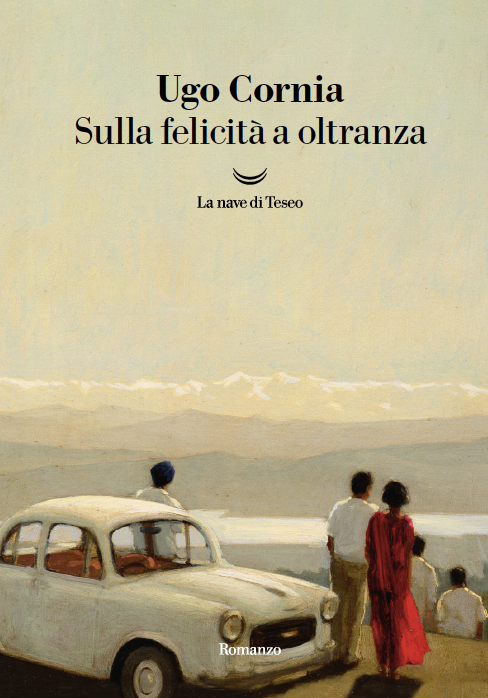Sulla felicità a oltranza

An engaging story in which anyone can recognize themselves.
1993, 1995, 1996 are the years that mark Hugh’s life. The times when his aunt, mother and father, the core of his affections and the foundation on which his world as a young man rested, disappeared. “Very tiring but beautiful years,” as he put it, in which the pain of loss is mixed in the story with the poetry and sweetness of remembering the little things. The loves, adventures, disappearances, joys and sorrows of those who must continue to live poised between sadness and longing for happiness while coming to terms with reinventing themselves and their certainties. “Sulla felicità a oltranza,” a book with which Ugo Cornia made his debut in 1999, revealing himself to be one of the most interesting Italian authors of his generation, is a sweetly melancholy tale, stretched between regret and the will to be happy, an engaging story in which anyone can recognize himself.